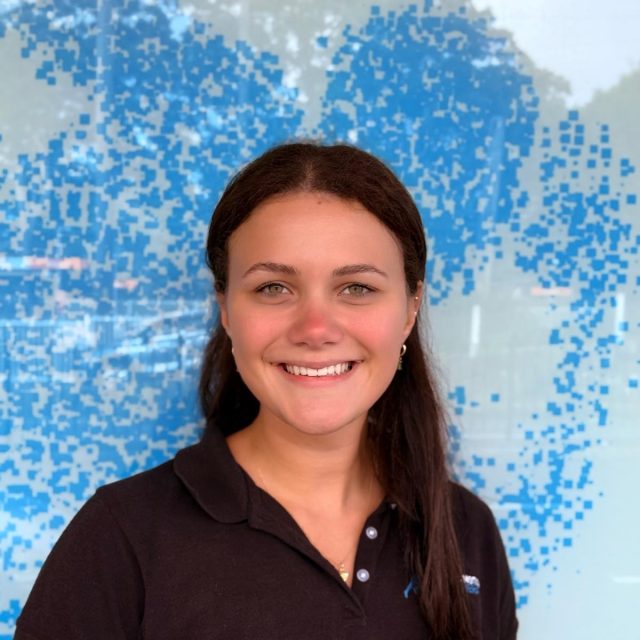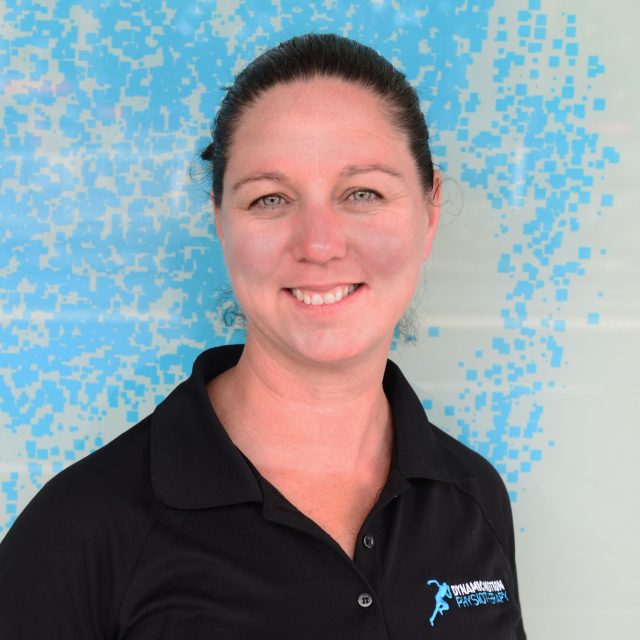Have you had a fall recently?
If you have, it may be a good time to book in a health and fitness check with an Exercise Physiologist. They will help to assess which component of your balance system may be affected the most. This will help to identify the best exercise treatment for you specifically to get the most out of your time in the clinic.
Balance itself can be broken down into several different parts which all have an impact on your ability to reduce the risk of falling or save yourself from falling.
The first is in relation to your ability to detect where your limbs and body is within space. This is known as your proprioception and spatial awareness. This works with the sensing of your whole body as to whether your are sitting, lying, standing, or running. The body works simultaneously between the middle ear and the sensory system of your limbs to make minor corrections to keep you in your desired position. This may be effected if you haven’t used it in a long time or you may have a medical condition hindering the efficieny of this system.
The second is in relation to your strength and your bodies ability to correct yourself when falling or about to fall. If you haven’t been participating in regular physical activity this may be effected, and your risk of falling may be higher than you think.
The third is in relation to the speed your body reacts to the change in body position when falling, as well as your bodies ability to move your limbs quickly. This is known as your power system, the faster you are able to react and correct your body position the better your balance will be. This is where most people forget to train their balance and could help you reduce your risk of falls.
If you feel you have seen a reduction in any of the 3 components of balance it is best to get on top of it as quickly as possible. This is due to recent research showing statistics of (%) falling can reduce your age expectancy by 5-10years?
To ensure safety and the most appropriate exercises for you it is advised to be under supervision by an Exercise Physiologist or other allied health practitioner. This can be either in a 1 on 1 session, or as apart of our Seniors Exercise Classes at the Asquith, Galston, and Berowra clinics.
-
Jess MerciecaExercise Physiologist

-
William PerrettExercise Physiologist

-
Deb EvenissExercise Physiologist

Jess Mercieca
Jess Mercieca
Jess gained further experience working in a private hospital, seeing patients post-operatively and assisting in their recovery through a combination of gym-based exercise and hydrotherapy. Furthermore, Jess treated patients with chronic pain, muscle atrophy and cancer.
Jess ensures each client is treated as an individual with consideration of the various lifestyle and psychological factors that interplay with recovery. Her focus is to empower people through exercise and guide them towards self management.
Outside of work Jess is interested in strength training, swimming and hiking and enjoys the beach nearby her home.
William Perrett
William Perrett
Will is an accredited Exercise Physiologist who completed his Master of Clinical Exercise Physiology at the University of Technology Sydney. Through clinical placement, Will gained extensive experience in age-related conditions, working with older adults to learn the benefits of resistance training in maintaining strength and balance. Will also obtained an insight into neurological conditions as he completed a placement in a specialised clinic working with conditions such as spinal cord injury, stroke and MS.
Prior to becoming an exercise physiologist, Will has worked as a learn to swim instructor and squad swimming coach where he developed his passion for teaching others. In this role, Will gained extensive experience working with children and people of all ages. Will believes that exercise is for everyone and that it’s never too late to get started. He is passionate about helping people improve their health and their lives through the power of exercise.
Outside of work, Will pursues his own goals in running, swimming, triathlon and strength training. He is always pushing towards a new personal best and looks forward to helping you reach yours.
Clinical special interest areas- Strength and conditioning, Paediatrics, Older adults.

Deb Eveniss
Deb Eveniss
Deb began her health and fitness career working as a personal trainer after obtaining her Certificate III and IV in Fitness. Here she developed a keen interest in healthy aging, falls prevention and cancer and exercise. Deb then decided to further her knowledge and experience by further study and becoming an exercise physiologist.
Deb has a keen interest in helping those with cancer, neurological conditions such as MS, HD, PD and stroke and brain injury survivors. More recently she has been researching and treating fatigue conditions including Long Covid, ME/CFS, POTS and EDS. Deb strongly believes that “movement is medicine” and wants to help people enjoy all that safe and healthy movement can bring.
In her spare time Deb is heavily involved in parkrun, soccer, trail running, hiking, kayaking and raising two very busy teenagers.

